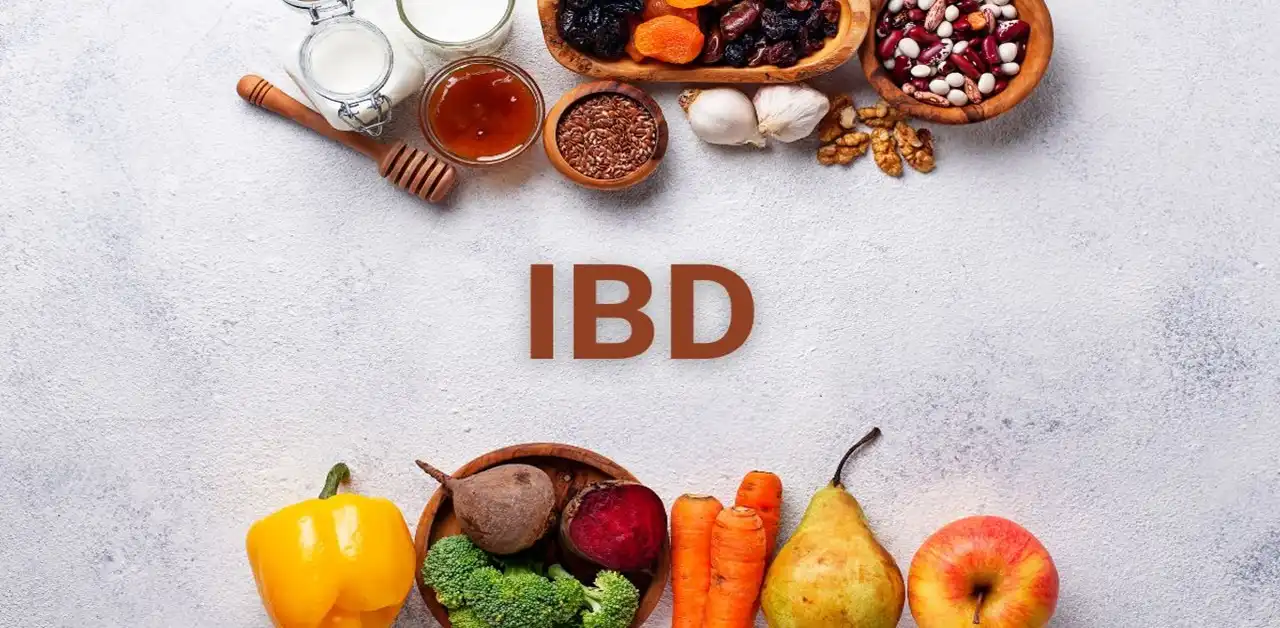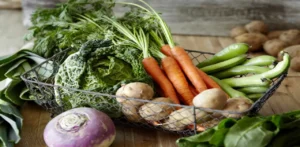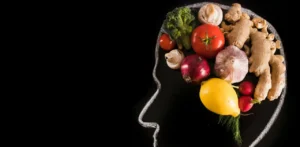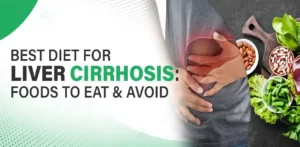Contents
- 1 Understanding Inflammatory Bowel Disease (IBD)
- 2 IBD Diet Recommendations
- 3 Foods for IBD Flare-Ups
- 4 Nutrition During IBD Treatment
- 5 IBD-Friendly Meals
- 6 Diet for IBD Management
- 7 IBD Nutrition Tips
- 8 Best Foods for IBD
- 9 IBD Nutrition Therapy
- 10 IBD-Friendly Recipes
- 11 IBD Meal Ideas
- 12 Finding Healthy Food Near Me
Inflammatory Bowel Disease (IBD) encompasses conditions such as Crohn’s disease and ulcerative colitis, which cause chronic inflammation of the digestive tract. Effective management of IBD involves a multifaceted approach, with diet playing a crucial role. Understanding what to eat, avoiding trigger foods, and adopting IBD-friendly meals can significantly improve quality of life for those affected. This blog post delves into IBD diet recommendations, foods to consume during flare-ups, and tips for maintaining optimal nutrition during treatment.
Understanding Inflammatory Bowel Disease (IBD)
IBD is a term used to describe disorders that involve chronic inflammation of the gastrointestinal (GI) tract. The two main types are:
- Crohn’s Disease: Can affect any part of the GI tract, from the mouth to the anus, often spreading deep into the layers of affected bowel tissue.
- Ulcerative Colitis: Involves inflammation and sores (ulcers) along the superficial lining of the large intestine (colon) and rectum.
The exact cause of IBD is unknown, but it is believed to result from a combination of genetic, environmental, and immune system factors. Symptoms commonly include abdominal pain, diarrhea, fatigue, and weight loss, which can vary in severity and frequency.
IBD Diet Recommendations
A well-balanced diet tailored to individual needs can help manage IBD symptoms and promote intestinal healing. Here are some general recommendations:
- Low-Fiber Foods: During flare-ups, low-fiber foods such as white bread, rice, and cooked vegetables are easier to digest and can help reduce bowel movements.
- Lean Proteins: Chicken, turkey, fish, and eggs are excellent protein sources that are gentle on the digestive system.
- Healthy Fats: Incorporate omega-3 fatty acids found in fish and flaxseed, as they have anti-inflammatory properties.
- Lactose-Free Options: Many individuals with IBD are lactose intolerant. Opt for lactose-free dairy products or alternatives like almond milk.
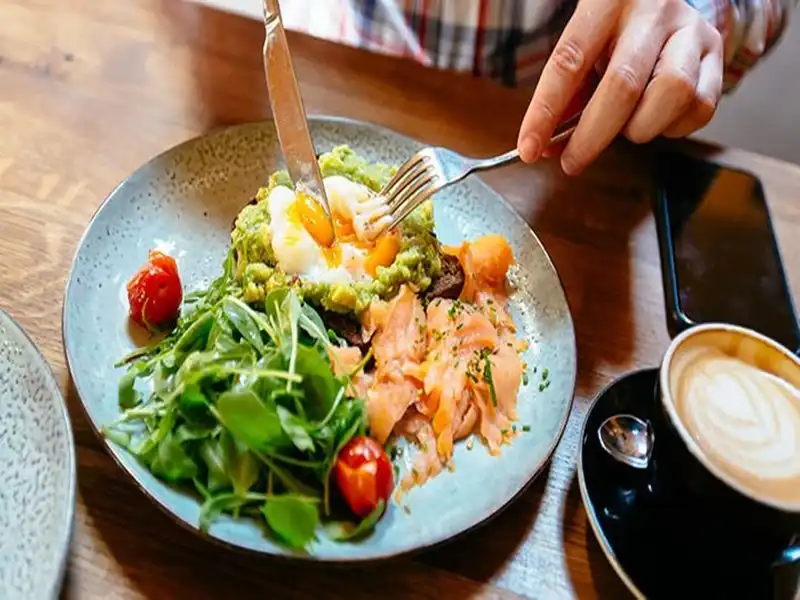
Foods for IBD Flare-Ups
During an IBD flare-up, certain foods can exacerbate symptoms, while others can help manage them. Key foods to focus on include:
- Bananas: Easy to digest and a good source of potassium.
- Oatmeal: Gentle on the stomach and provides necessary nutrients.
- Smooth Peanut Butter: Offers protein and healthy fats without the fiber found in nuts.
- Broth-Based Soups: Hydrating and nourishing without being too harsh on the digestive system.
Nutrition During IBD Treatment
Proper nutrition is essential during IBD treatment to maintain energy levels and support the healing process. Consider the following tips:
- Stay Hydrated: Drink plenty of water, especially if experiencing diarrhea.
- Frequent, Small Meals: Eating smaller, more frequent meals can help prevent overeating and reduce stress on the digestive system.
- Vitamin and Mineral Supplements: Due to malabsorption, supplements like Vitamin D, B12, iron, and calcium may be necessary. Always consult with a healthcare provider before starting any supplements.
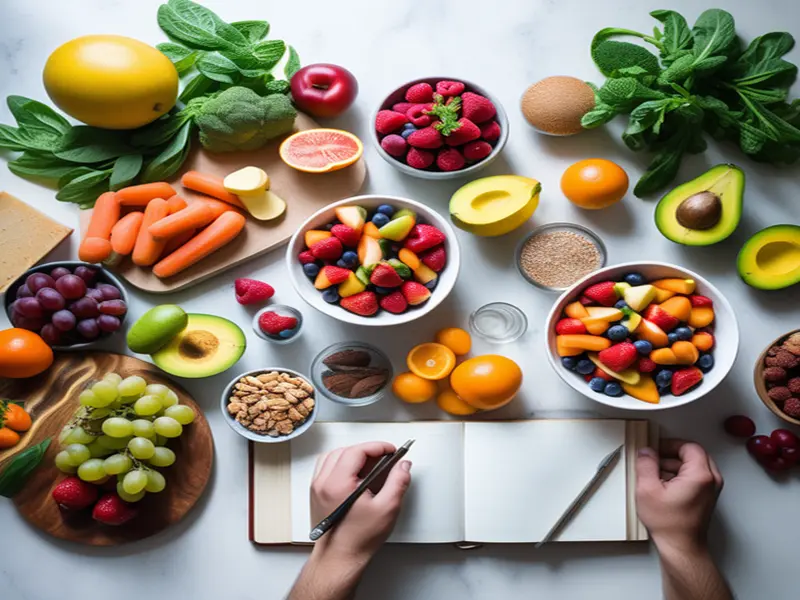
IBD-Friendly Meals
Creating IBD-friendly meals involves selecting ingredients that are easy to digest and avoiding potential triggers. Here are some meal ideas:
- Breakfast: Scrambled eggs with white toast and a banana.
- Lunch: Grilled chicken breast with mashed potatoes and steamed carrots.
- Dinner: Baked salmon with white rice and sautéed spinach.
Diet for IBD Management
Long-term diet management for IBD focuses on minimizing symptoms and promoting overall gut health. Key strategies include:
- Identifying Trigger Foods: Keep a food diary to pinpoint and eliminate foods that exacerbate symptoms.
- Balanced Diet: Ensure a mix of carbohydrates, proteins, and fats to support overall health.
- Probiotics and Prebiotics: These can help maintain a healthy gut microbiome. Foods like yogurt (if lactose-tolerant) and fermented vegetables are good sources.
IBD Nutrition Tips
Here are additional tips to optimize nutrition and manage IBD:
- Cook Vegetables Well: Raw vegetables can be hard to digest. Cook them thoroughly to make them easier on the GI tract.
- Choose Lean Meats: Fatty meats can aggravate symptoms. Stick to lean options like chicken or turkey.
- Avoid Caffeine and Alcohol: These can irritate the GI tract and worsen symptoms.
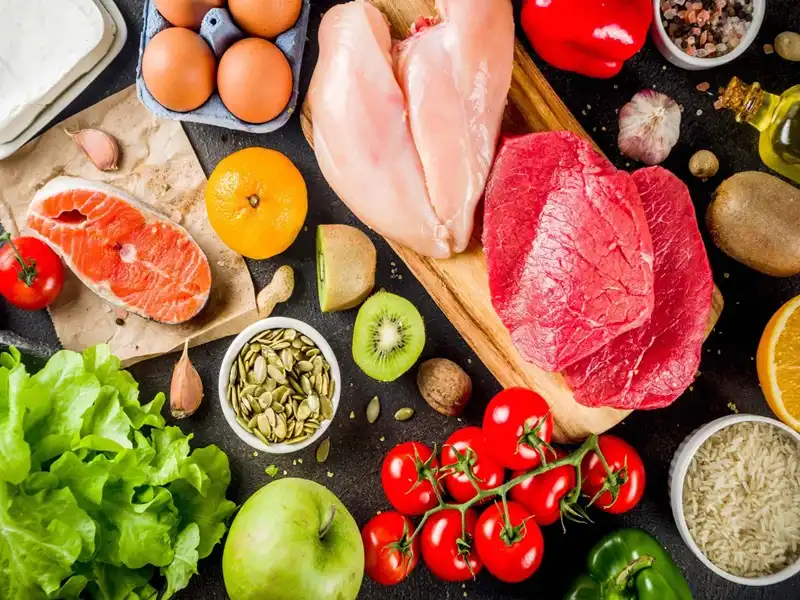
Best Foods for IBD
Certain foods are particularly beneficial for individuals with IBD:
- Salmon: Rich in omega-3 fatty acids, which help reduce inflammation.
- Avocado: High in healthy fats and easily digestible.
- Pumpkin: Provides vitamins and fiber without being too harsh on the gut.
- Applesauce: A good source of nutrients and easier to digest than raw apples.
Also Read: “Managing Irritable Bowel Syndrome (IBS) with a Healthy Diet”
IBD Nutrition Therapy
Nutrition therapy involves personalized dietary plans designed to meet the unique needs of individuals with IBD. This may include:
- Elemental Diet: Consists of easily digestible formulas providing all essential nutrients, often used during severe flare-ups.
- Parenteral Nutrition: Nutrients delivered intravenously, used when the digestive system needs complete rest.
- Tailored Meal Plans: Developed by a registered dietitian to ensure nutritional needs are met while avoiding trigger foods.
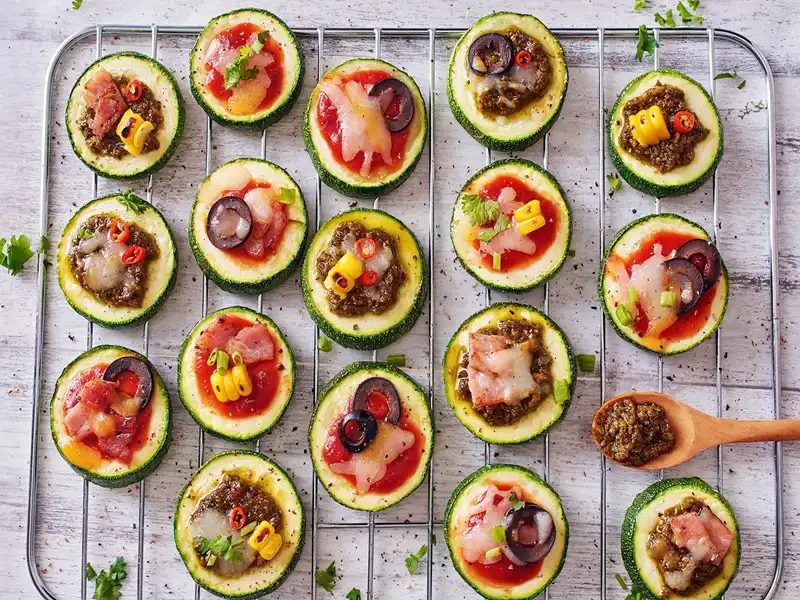
IBD-Friendly Recipes
Here are some simple, nutritious recipes for those with IBD:
- Chicken and Rice Soup
- Ingredients: Chicken breast, white rice, carrots, celery, broth.
- Instructions: Cook chicken and vegetables in broth until tender. Add rice and simmer until cooked. Season lightly.
- Baked Cod with Sweet Potatoes
- Ingredients: Cod fillets, sweet potatoes, olive oil, herbs.
- Instructions: Bake cod with olive oil and herbs. Serve with mashed sweet potatoes.
- Banana Oat Smoothie
- Ingredients: Banana, oats, almond milk, honey.
- Instructions: Blend all ingredients until smooth. Serve chilled.
IBD Meal Ideas
Creating meal plans that cater to IBD needs can make daily eating simpler and more enjoyable. Consider these meal ideas:
- Breakfast: Greek yogurt (lactose-free) with honey and soft fruits like peaches.
- Lunch: Quinoa salad with grilled vegetables and a light vinaigrette.
- Dinner: Turkey meatballs with gluten-free pasta and marinara sauce.
Finding Healthy Food Near Me
For those looking to enjoy healthy meals without the hassle of cooking, finding nearby restaurants that cater to specific dietary needs is crucial. Use filters to find restaurants offering:
- Gluten-Free Options
- Lactose-Free Dishes
- Low-Fiber Choices
Many dining establishments now provide detailed menu information to accommodate various dietary requirements, making it easier for individuals with IBD to dine out safely.
Conclusion
Managing Inflammatory Bowel Disease through diet is a dynamic process that requires careful planning and attention to individual responses to different foods. By following IBD diet recommendations, incorporating IBD-friendly meals, and staying informed about the best foods for IBD, individuals can better manage their symptoms and maintain a healthier, more comfortable lifestyle.
Whether preparing meals at home or seeking healthy food near you, the right choices can make a significant difference in the quality of life for those living with IBD.
